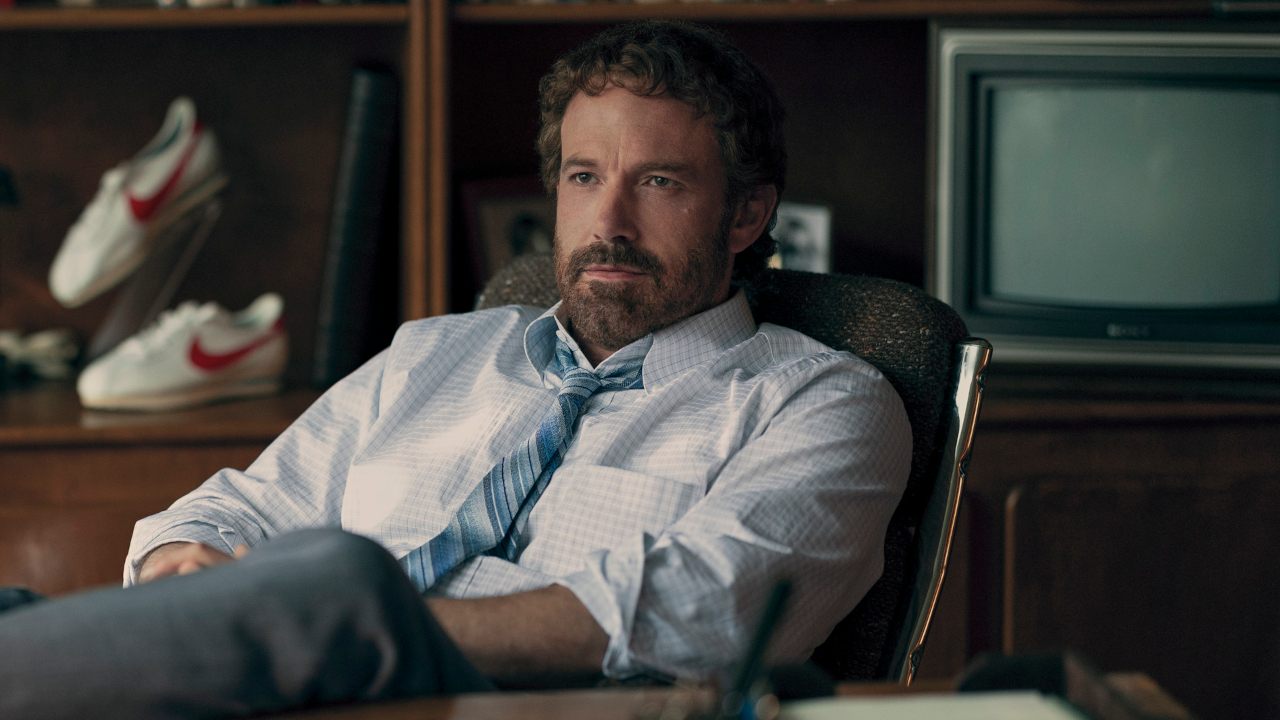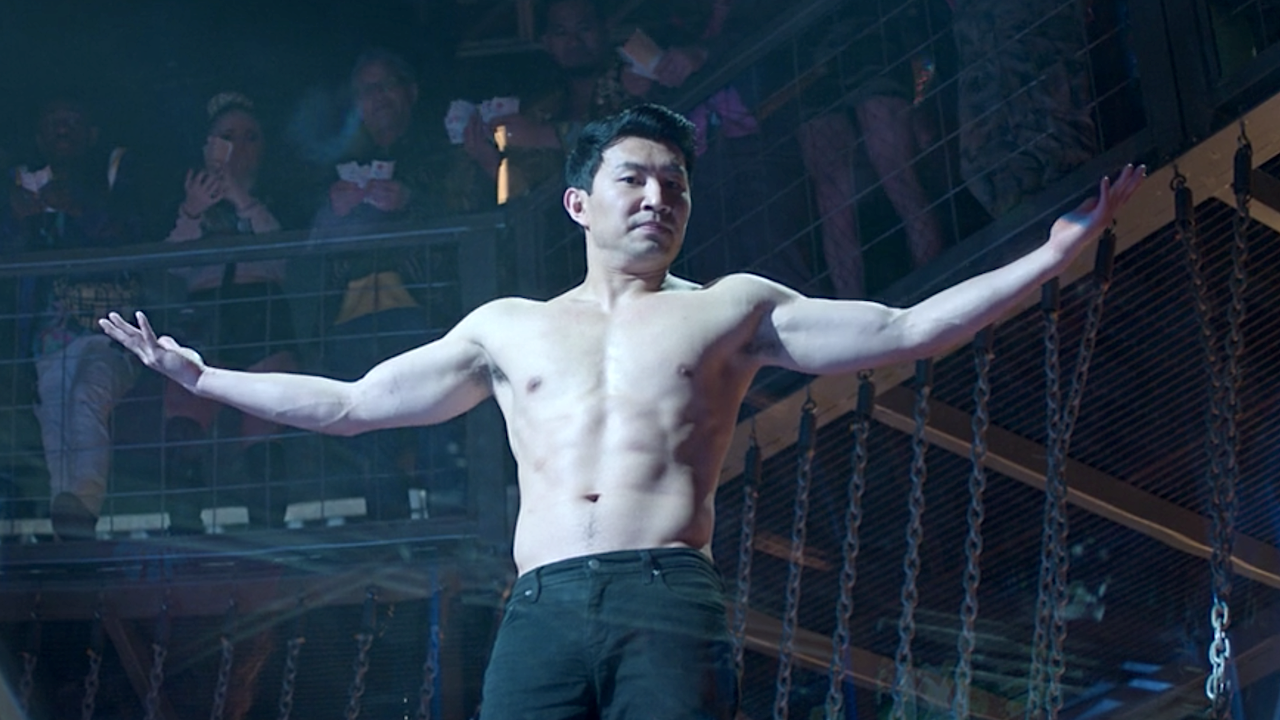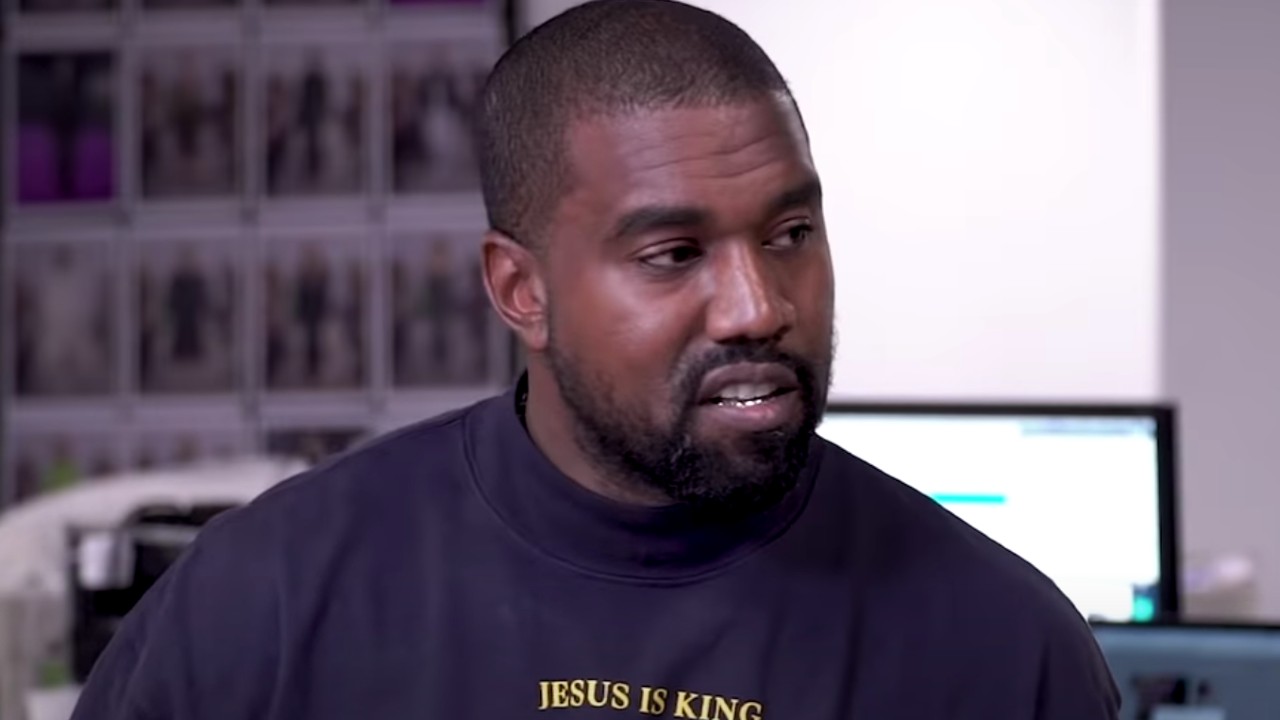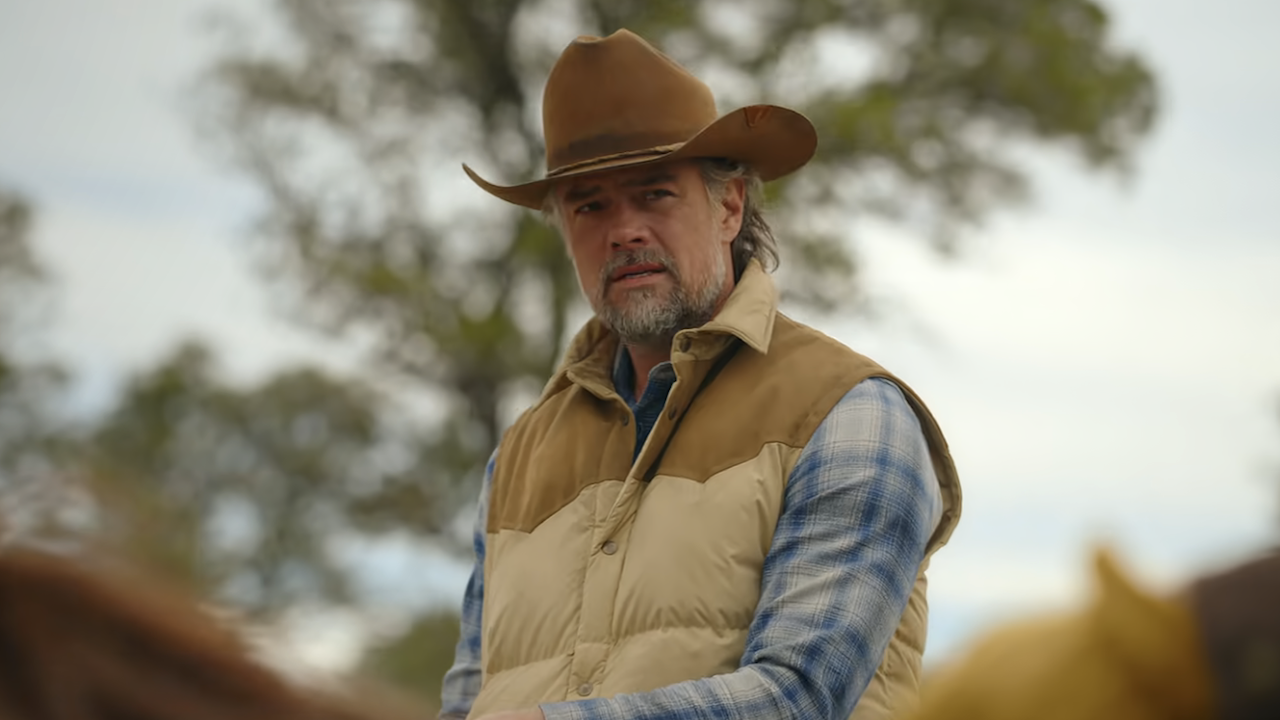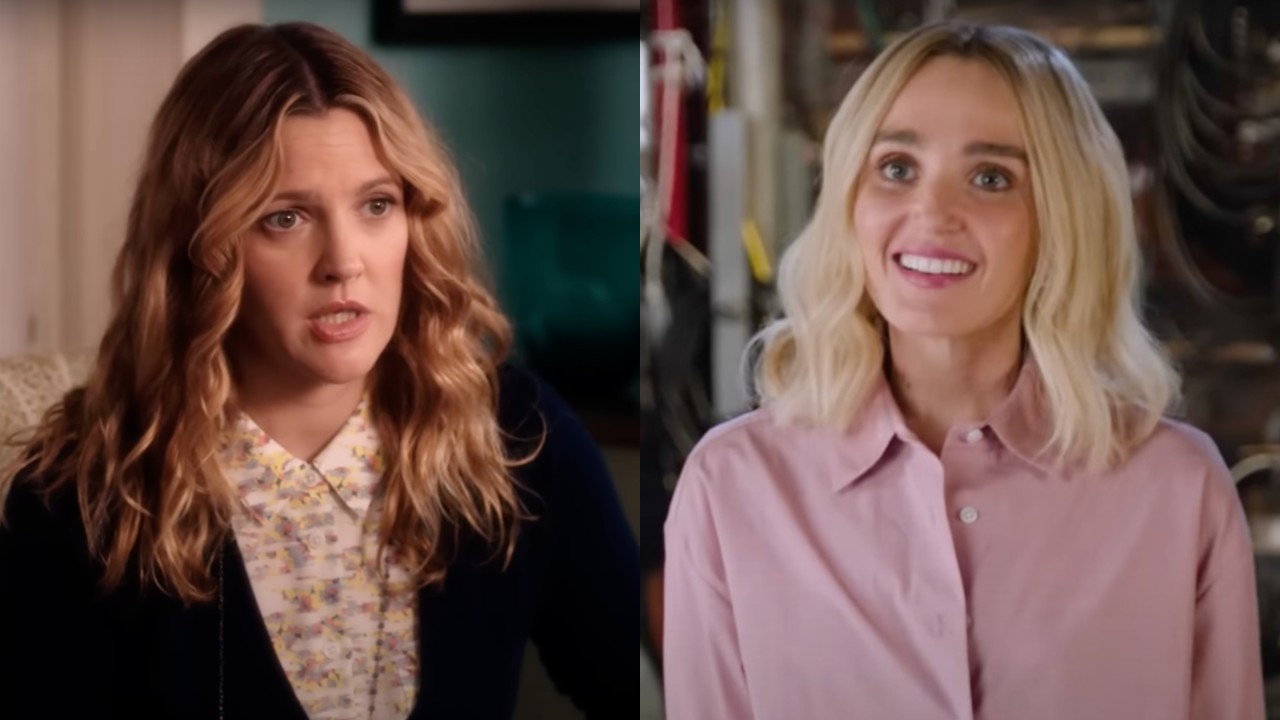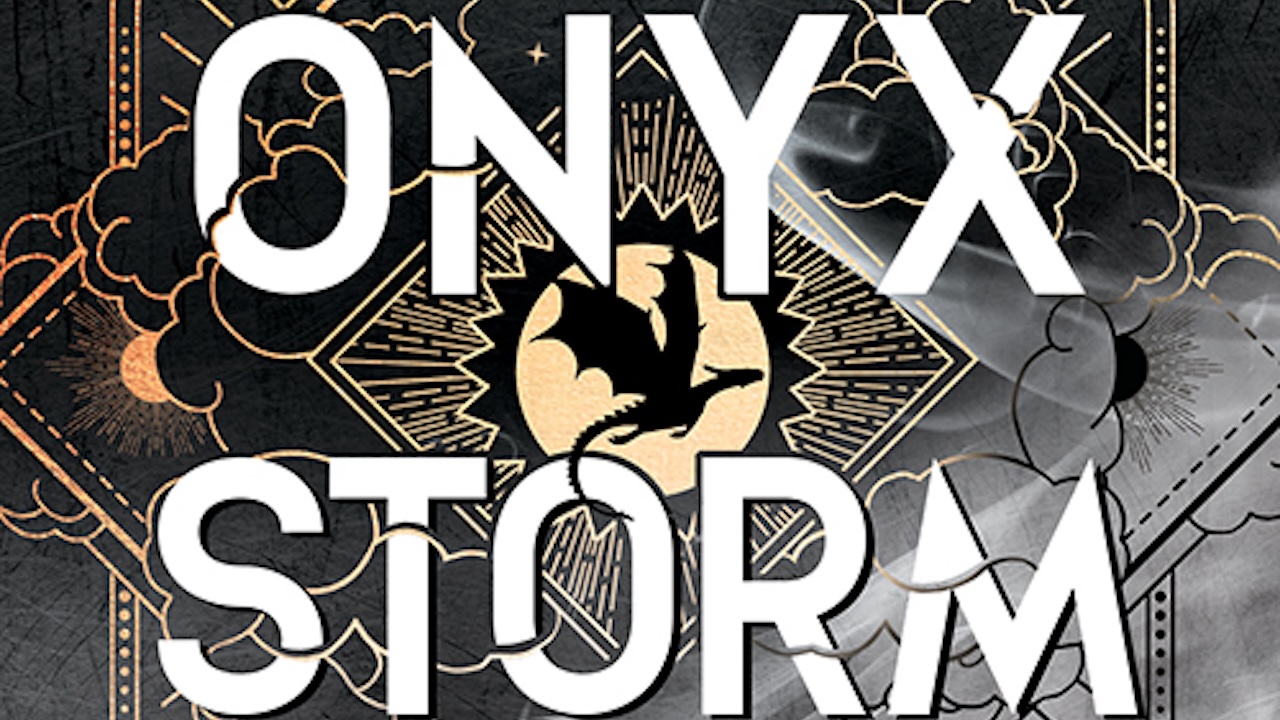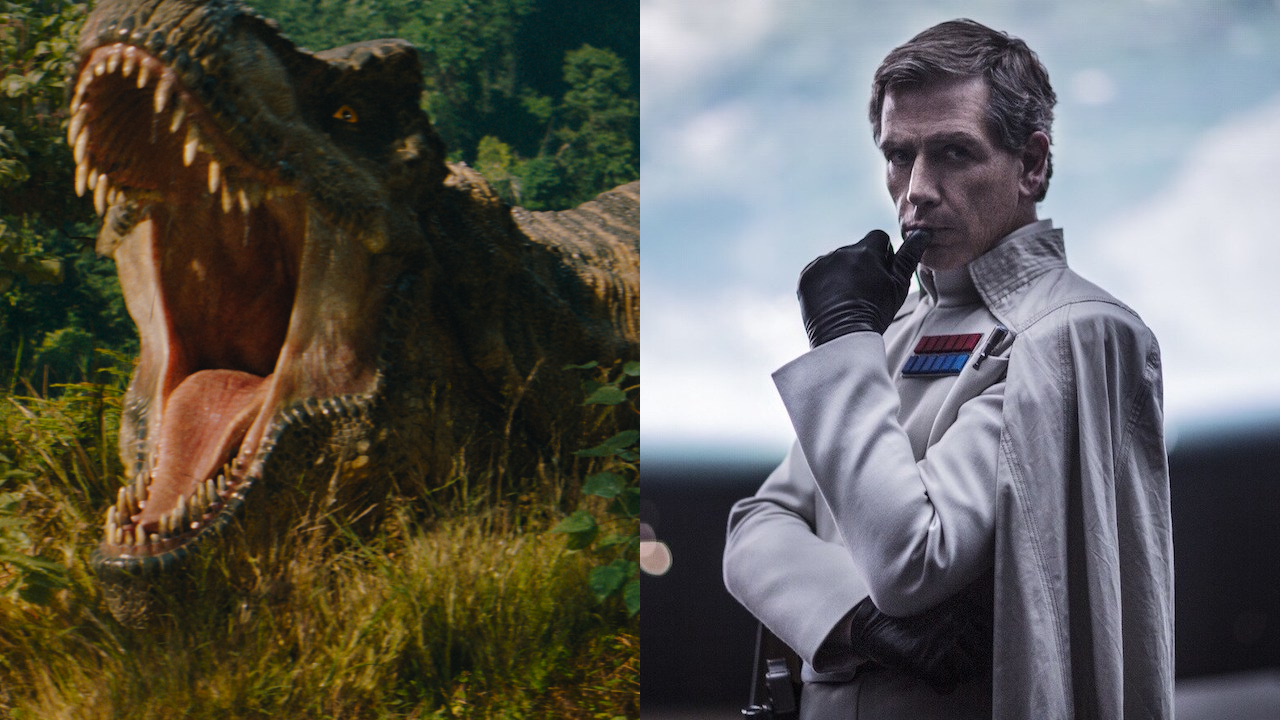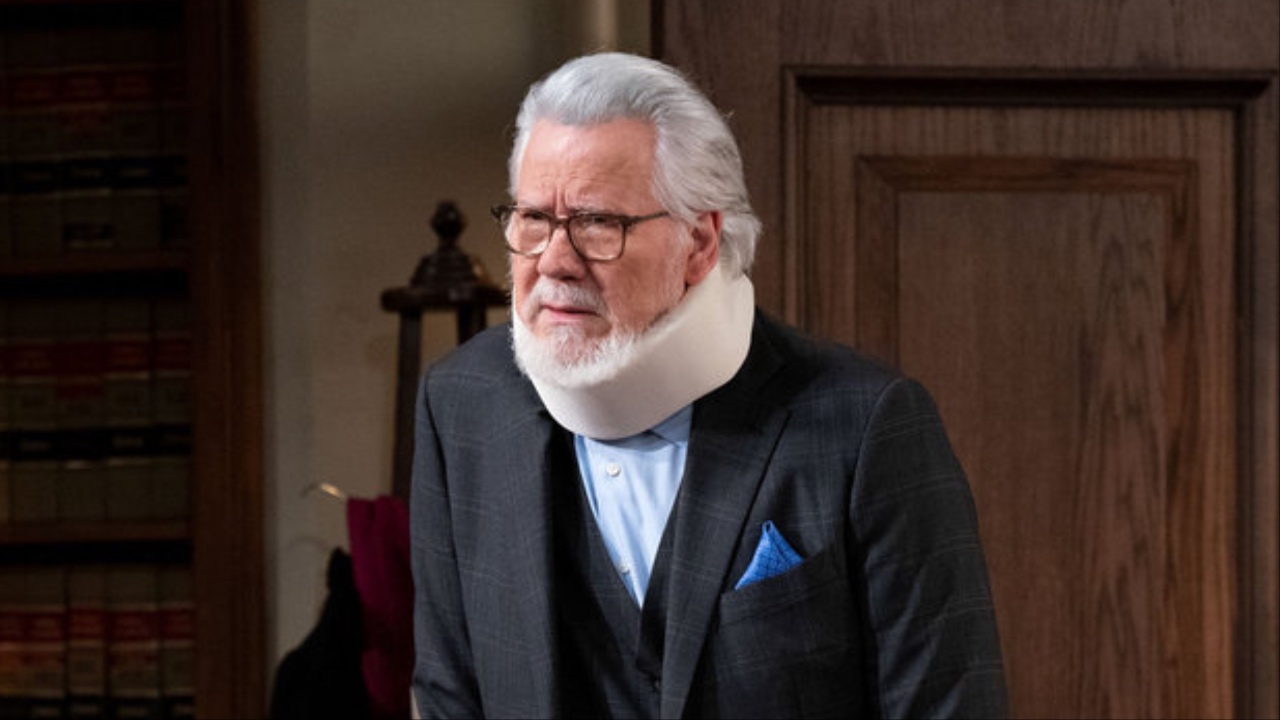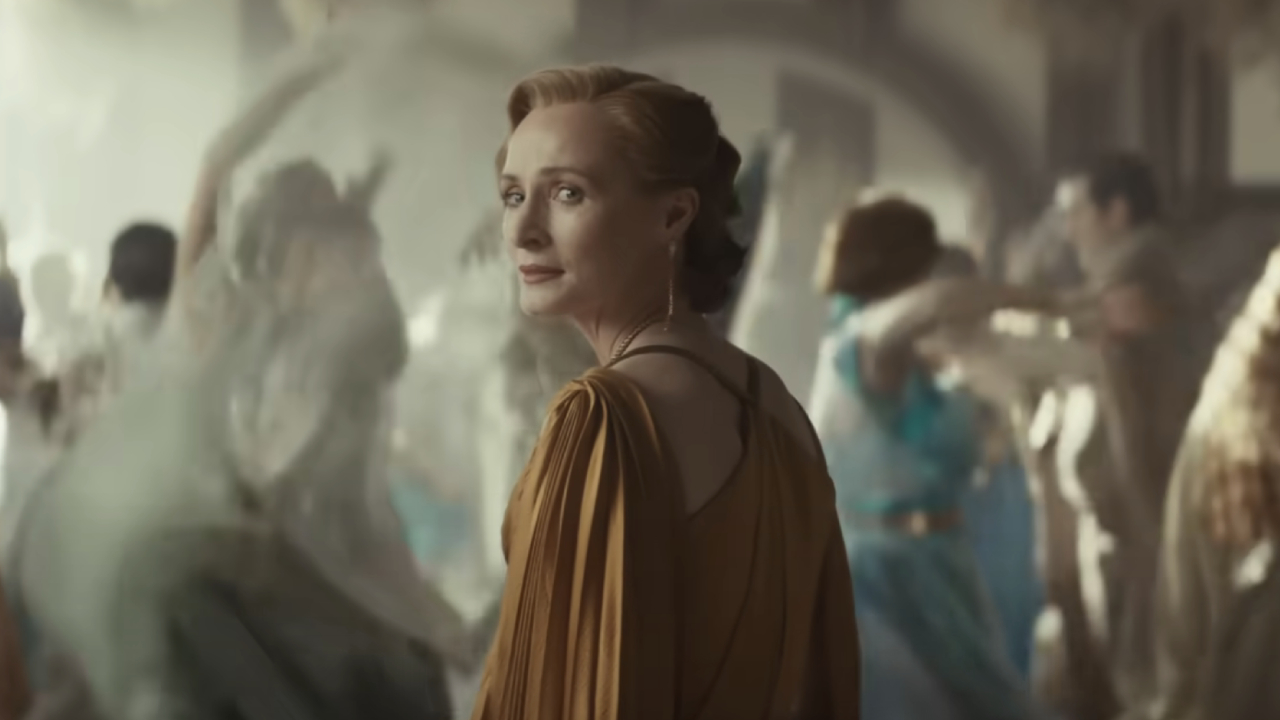Interview: Stargate's Erick Avari
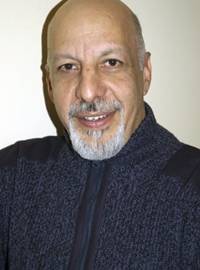
Erick Avari has one of those "that guy" faces. Even if you couldn't put a name to the face, if you were to see the picture to the right, you'd recognize him as "that guy" from the dozens of movies he's appeared in over the past decade and a half -- a figure that, surprisingly, encompasses only half of his career as an actor. While you might know him from Stargate, The Mummy, or Mr. Deeds, his original love was theater, honing his craft in the New York theater scene with roles in everything from "A Midsummer Night's Dream" at the Joseph Papp Public Theater to "The King And I" on Broadway.
Many moviegoers' first exposure to Avari was in the role of Kasuf in the 1994 science fiction blockbuster Stargate. It was a challenging role that required Avari to embody a character almost entirely through expression and gesture, while speaking an Egyptian-based language created specifically for the film. He also holds the honor of being one of the few actors to have appeared in both the original film and one of the numerous spin-offs, returning to play Kasuf in several episodes of Stargate SG-1. It's an accomplishment that ensures he's familiar to many genre fans, especially when coupled with appearances over the years on the likes of Babylon 5, Alias, Heroes, and three separate Trek series. To celebrate the release of a new 15th Anniversary Edition Blu-ray of Stargate, Erick took some time to chat with us over the phone about his memories of the shoot, acting without the benefit of scripted dialogue, and how he accidentally fell into the career of a Hollywood film actor.
To get started, tell me a little bit about how you got involved in Stargate. Was it just a script that was sent to you?
Well, I auditioned for it. I had only done one other studio movie before this. I came to Hollywood quite by accident, really. I was a die-hard New Yorker, and stage is what I grew up with and what I always aspired to do. I came out to Los Angeles on a two-week vacation between shows. I got one job, then I got another, and the rest is history. Here I am, 20 years later, still in Hollywood. So yeah, my agent sent me the script and asked, "Would you like to audition for this?" And I looked at it and I thought, how am I going to audition for it? There's maybe two scripted lines, that's it. He said, "Well, they're really looking for people to improvise and go out and work with Dean Devlin, the writer/producer, and Roland Emmerich, the director." So I went out and ended up improvising the candy-bar-eating scene, and it was just so much fun. Clearly, Roland and Dean were taken by the humor of it, and they cast me, although they really wanted somebody in their 80s.
Really?
At the time I was 42, so that was a little bit of a triumph for me. I felt good about that. The part presented so many challenges for an actor, which is something every actor relishes, whatever the challenge may be. You always want to stretch yourself and grow and know that there's something to work towards. The fact that this was all going to be in an actual, scripted language -- in fact, at the time, Dean had been really very explicit about making sure that we were being very precise with the language. He wanted to publish a book with the scripted language. Unfortunately, that sort of fell apart once Jaye Davidson [who played Ra] got on the set, which was the last two weeks of it. But up until that point, yes, we had all been very diligent about being very precise. We had an Egyptologist on the set, and it was quite an ordeal. Roland would come in and say, "Maybe we can do this. You say this and then you say that." It was always a daunting task, because you'd have to run after the Egyptologist and say, "How do I say this?" And after 15 minutes of fumbling on the computer, he'd say, "There's no Egyptian word for that, so you'll have to say something else." Okay, find an alternative. Get a thesaurus and find an Egyptian word for that! [laughs] And very often it was more than just a word.
Since I was the oldest member of the Egyptian-speaking clan, I sort of took on the responsibility of leading the front with the language issues, which was great. We got together, and it had to be a consensus. Mili [Avital, who played Sha'uri] is Israeli, and her language base is Hebrew. Alexis [Cruz, who played Skaara] is Latino, so he had the Spanish base. When I went in to audition, I spoke in Nepali, just to keep it completely different. So we were coming from three disparate parts of the world, and we had to find a commonality and make it sound as if we were all speaking the same language and give it rhythms and inflections. Things that made it sound authentic. I feel very proud of the work that we all did on that front.
CINEMABLEND NEWSLETTER
Your Daily Blend of Entertainment News
How much of that was pre-planned? Were there rehearsals or were you working it out as you went?
We were very much working on the fly. And as I said, Roland, he was doing it on the fly, too. We'd get on the set and we'd have a short rehearsal, and that would spark his imagination. He's got a tremendous eye and a very light sense about him, a light sensibility, despite the conditions we were shooting under. It was intensely hot, everyone was down with the flu because it was hot and sandy. There was sand in every orifice you could think of and then some. The budget and scope of the film was huge. The scope was way larger than the budget would have suggested. None of that really daunted him, or it didn't appear that way, anyway. He maintained this very light, playful attitude on the set, which was a gas. It was just magic.
Because the scope of the film was so huge, we did have a lot of down time between shots. To set up a shot took considerable amount of time, so we used that time very wisely to work on the language and to kind of try to work in a scene in Egyptian. It was crazy. If someone had said that to me, that this is how you're going to work, I would have laughed. I'm still laughing, but I'm amazed that we pulled it off with as much believability as I think we brought to it.
What was the shape of the non-English-speaking characters in the actual script? Was any of that dialogue actually scripted, or was it just descriptions of your character's actions and state of mind?
The latter. I believe I had one or two scripted lines. Other than that, everything was just...some of it had been written in, like the charge, leading the charge at the end of the movie. That stuff certainly was written in, but in terms of trying to come up with something to say or the words to use, that was all on the set.
You mentioned that you improvised the candy-bar scene. Both in that scene and in general, how did you approach this role where so much had to be conveyed with facial expressions and body language and inference?
What I latched onto right away was the incongruity of these two worlds colliding. Kasuf's world, which was really ancient Egypt, frozen in time, his world comes colliding with the modern world of the soldiers -- their garb, their food, their habits, they way they held their bodies. All those things. It was a challenge for the actor to not fall into a casual standing position, for example. The gestures I kind of stole from hieroglyphs. I had to figure out how I would hold my body based on the world that I was living in. The only reference point I had were hieroglyphs, so that's what I played off. And then, of course, the humor of the different foods, for example. I eat the candy bar and James is confronted with that monster-looking stuff [laughs]. There was a lot of that that jumped off the page and I thought, "Oh boy, I can really have fun with that!"
I think it's interesting that you've been involved with several projects -- Stargate, Heroes, etc. -- with very passionate fans. What has that experience been like as an actor?
It's great! It's an actor's dream to have that. You mentioned Heroes, but there was also Independence Day, which was the next movie after Stargate, and that went on to break all kinds of records. It doesn't suck. [laughs] There are times, with Heroes, for example, it hadn't aired yet. I was actually committed to a movie I was going to be shooting in Marrakesh, and they had me scheduled for four episodes on Heroes, and I had a conflict. The producers on Heroes were gracious enough to work around my schedule and compress the four episodes together. We shot them in, I believe it was like two weeks, and then I got on a plane and went to Marrakesh having no idea this was going to be such a phenomenon. I almost didn't do it. That's the actor's life for you. You have no idea sometimes.
Although I will say, with Stargate I had a sneaking suspicion that it was going to be something very special, whether that was going to translate to huge box office returns or whatever. I certainly didn't anticipate all the series that it spawned, but I knew at the time that Roland and Dean had [the plan that] this was part one of a trilogy, so that was a possibility. I had my fingers crossed on that one, because it would have been fun to follow through on the success of Stargate with another two sequels.
I don't know how involved you've been with the fan base, as far as going to conventions or anything, but it strikes me that there might be a parallel between the way the internet has allowed fans to interact with writers and actors from their favorite shows and the way actors in theater interact with their audience on a nightly basis. Is that something you've noticed, since you have experience in both worlds?
It's very interesting that you bring that up. I was booked on a convention three days after 9/11 in 2001. When 9/11 happened, I thought, well, clearly they're going to call this off. And a lot of people couldn't make it, had to cancel their reservations, a lot of the fan base. They said, "No, we're gonna go ahead with it." It was the first time I'd ever gone out to any of these, had any of that interaction with fans, and it was such a powerful coming together under adverse conditions. I really admired the spirit of the fans. They weren't going to let something like this douse their enthusiasm. It was a magical experience, I must say. I would have done more. I went back again the next year, back to Vancouver, and I did a one-man show that I wrote for myself. To go back to the theater thing, that was a blast, and I'm going to do one more in 2010, another one-man show. It's great to meet fans and get their perspective, get their take on things. As an actor, you tend to get a little jaded and cynical about the work, and then when you meet people and you see how it's touched them, you realize a) what a powerful medium it is, and b) it's something you have to use with prudence and a sense of responsibility. Again, it is a very, very powerful medium, and it influences people very strongly. You need to have a sense of responsibility about it, and it's one that I've taken to heart.
You mentioned that you had a feeling that Stargate was going to be something special. What was it about the project that gave you that impression, and what do you think it is about the franchise that's allowed it to survive all these years through various incarnations?
There were several things about the script that grabbed me. One was the element of time travel and interplanetary travel, especially when it's by chance. I had a feeling that that element would spark fans' imaginations. The other aspect of it was that I felt the tone of the script was quite unique. For one, it's the local Egyptian population that actually saves the day and ends up rescuing the American cavalry, if you will. That sort of jumped out at me. The way Dean and Roland played those characters, it would have been very easy to be condescending toward those characters and just make them elements of comedy, but they treated them with a great deal of respect and dignity. I certainly appreciated that greatly. The other thing I knew couldn't miss was the size of the scope of the film. It was just huge, mammoth in size. There were days when we were shooting with 1,500 extras. Certainly while watching dailies, you could see it up on the screen. It had a proportion I'd never seen before that could probably rival things like Ben Hur and those types of movies.
The other thing was little more ephemeral. Kurt Russell's part, he was making a transition into the action hero, so that was a first for him. James Spader was coming into an entirely different genre and a different character. He was breaking that mold of Sex, Lies, and Videotape. Djimon Hounsou, that was his first movie, and he's gone on to be nominated for two Academy Awards. French Stewart, that was one of his first films. There were a lot of us who, one way or another, this was a first. There was that sense of enthusiasm and fun and excitement that may have clouded my vision on it and led me to be more optimistic than perhaps I should have, but I did feel that all those things coming together would make this movie something special.
I'm Excited For The White Lotus Season 4, Here Is What We Know So Far
Oh What The Heck Hallmark? The Network’s Longtime Streaming Deal Is Reportedly Ending And Things Are Starting To Feel Messy Again
‘He’s Looking At No Shoes In His Closet.’ Ben Affleck Explains Why He Drew A Hard Line When It Came To Buying His Kid $6,000 Shoes
